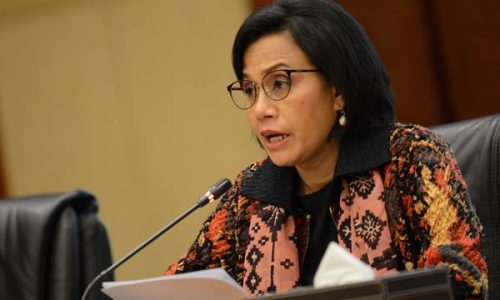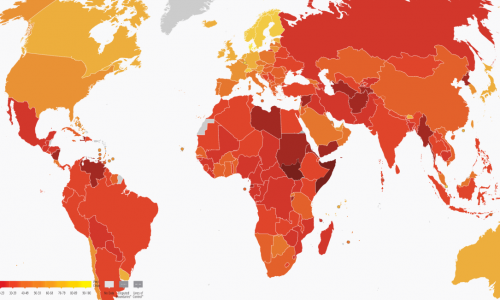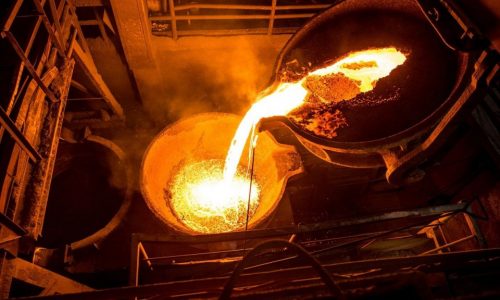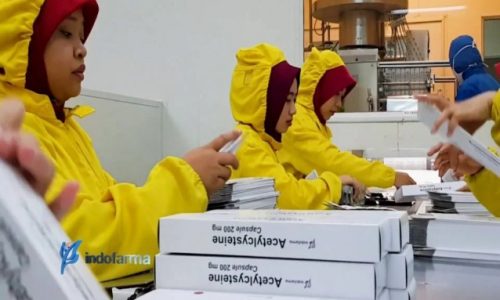Inpex Corp, Japan’s largest oil and gas exploration company is targeting a Final Investment Decision for its Abadi liquefied natural gas (LNG) project in Indonesia by 2027.
Inpex CEO Takayuki Ueda said that his company will invest US$11.7 billion in the Abadi Masela Field project and Ichthys LNG in Australia as of its efforts to expand LNG supply.
He cited that natural gas and LNG have lower greenhouse gas emission intensity than other fossil fuels, so they will play an important role in the energy transition.
“Natural gas and LNG have a relatively low greenhouse gas emissions intensity compared to other fossil fuels and will, therefore, play an increasingly important role as practical fuels in the energy transition,” Takayuki Ueda told a press conference in Tokyo as quoted by Reuters on Thursday, February 13, 2025.
Inpex, which owns a 65 percent stake in the Abadi project, will start engineering design early this year and is targeting production in the early 2030s. The project has previously been delayed due to planning changes and Shell’s withdrawal from the project. In 2023, Shell sold its 35 percent stake to Indonesian State-owned oil company PT Pertamina and Malaysia’s Petronas.
With this investment, the company’s LNG production is projected to reach 800,000 barrels of oil equivalent per day in the 2030s, up from the current 630,000 barrels.
INPEX is currently preparing detailed survey work (Front End Engineering Design/FEED), completing the Environmental Impact Analysys (AMDAL) process, conducting surveys and important studies for these purposes and releasing forest areas for the construction of an onshore LNG plant in Tanimbar, Maluku.
The Abadi Gas Field in the Masela Working Area, which is included in the National Strategic Projects (PSN), is located approximately 180 km off the coast of Yamdena Island in the Arafura Sea with a sea depth of 400-800 meters.
As one of the National Strategic Projects in the energy sector, this project plays an important role in realizing the ideals of energy security for Indonesia by providing clean energy. The production capacity is estimated to reach 9.5 million metric tons per annum (MTPA) of Liquefied Natural Gas (LNG), 150 million standard cubic feet per day (MMSCFD) of pipeline gas, and around 35,000 Barrels of condensate per day (BCPD).









